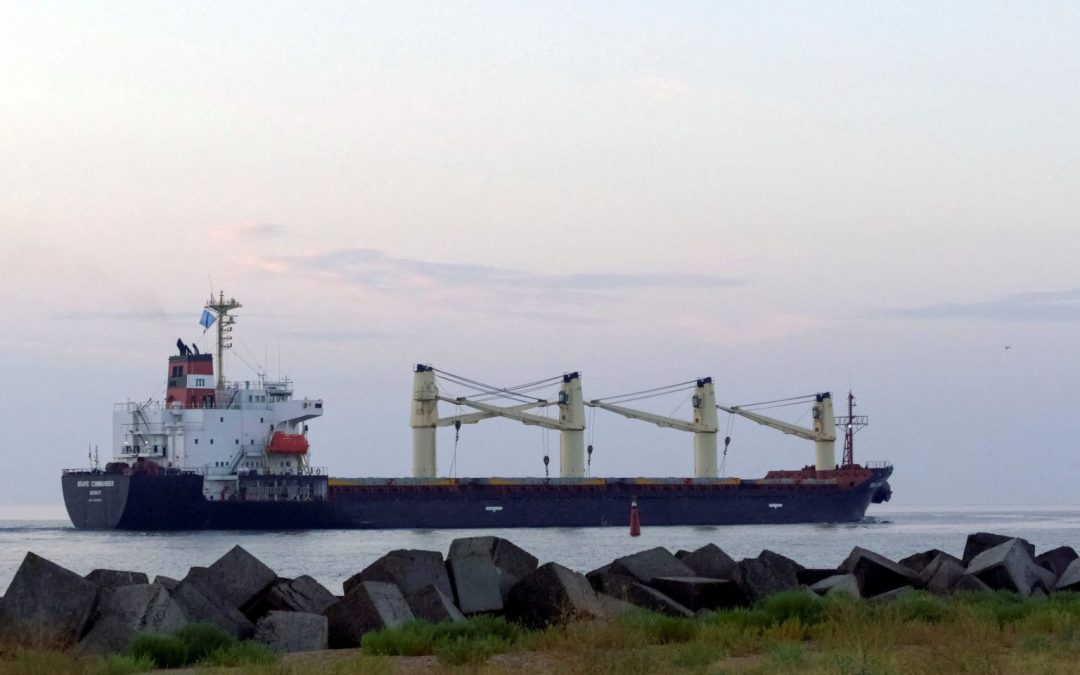Unipec, a trading arm of Chinese national oil company Sinopec, has issued a tender to buy up to 25 LNG cargoes from October 2023 to December 2024, according to trade sources, in a move that signals intention by China — the second largest LNG importer — to ensure sufficient stocks ahead of the winter.
Unipec was the first end-user in recent months to conduct a large-scale, multi-month buy-tender for the upcoming winter season.
Unipec’s tender was seeking one LNG cargo for October, five for November, seven for December, and one per month from January to December 2024, according to traders.
The pricing basis for the bids was for fixed price basis for prompt volumes, and a JKM-linked basis further down the curve.
The tender closes Sept. 15.
The tender took market participants by surprise because China’s spot demand has remained muted this year. This cautious approach is attributed to the ample LNG inventories and lackadaisical downstream gas demand.
Industry sources said Unipec’s objectives in purchasing winter cargoes were, firstly, to secure an adequate supply for heating demand during the winter season and, secondly, to build stocks for -when downstream demand recovers gradually in 2024.
“It has been noted that the Chinese government has instructed companies to secure the necessary volumes for the entire year to maintain a stable supply,” a Chinese market source said, adding that such a tender reflects a national plan for supply security, rather than a significant recovery in prompt Chinese demand.
Other sources said the possible JKM-linked 2024 volumes secured could be meant to add to Unipec’s trading portfolio, rather than to build stocks in anticipation of demand recovery next year.
The market-based pricing would allow for more efficient risk management and physical trading, according to a second Chinese source.
That was like a February buy-tender issued by China’s CNOOC and covering June 2023 to June 2024, where most of these cargoes were said to have traded in the spot market.
Meanwhile, Chinese importers remain quiet amid the recent tight global gas supply caused by strikes at Chevron’s Gorgon and Wheatstone facilities and reduced feed gas flows to Freeport LNG, which had resulted in increased LNG and natural gas prices.
According to second-tier Chinese buyers, they were averse to purchasing spot or winter cargoes at prevailing prices due to concerns about potential losses selling into lower-priced trucked LNG or pipeline gas markets.
As a result, it was expected that demand from such smaller Chinese buyers might only pick up after November.
Meanwhile, spot demand has been relatively tepid across northeast Asia, with cargoes bought this month by Japan’s Kansai Electric and Tohoku Electric, as well as CPC Corporation, Taiwan for October delivery.
Besides Unipec, Japan’s JERA was the only other end-user heard seeking winter cargoes actively on a bilateral basis, sources said.
Source: Hellenic Shipping News





